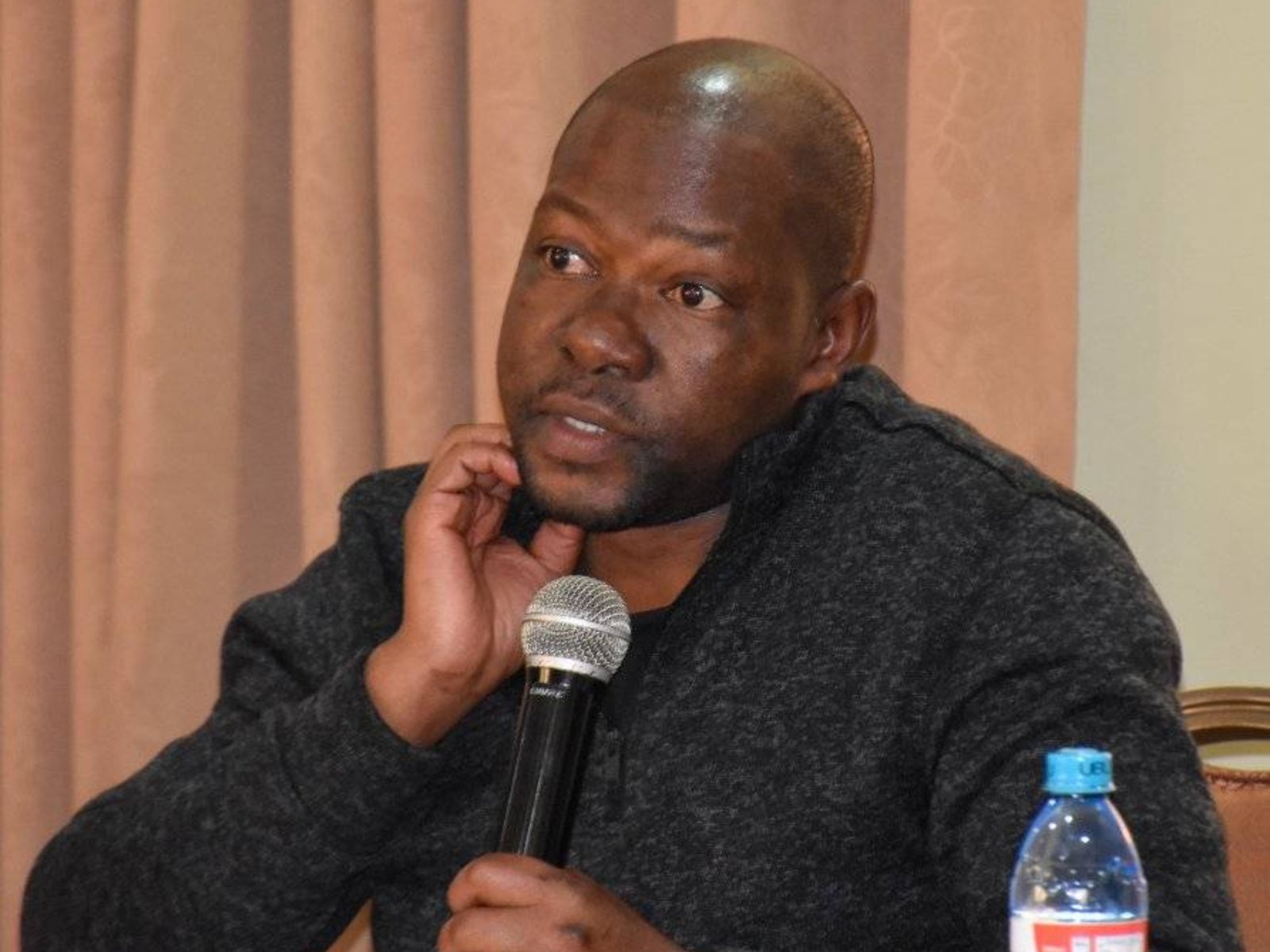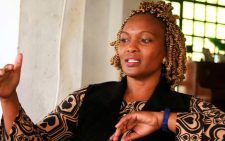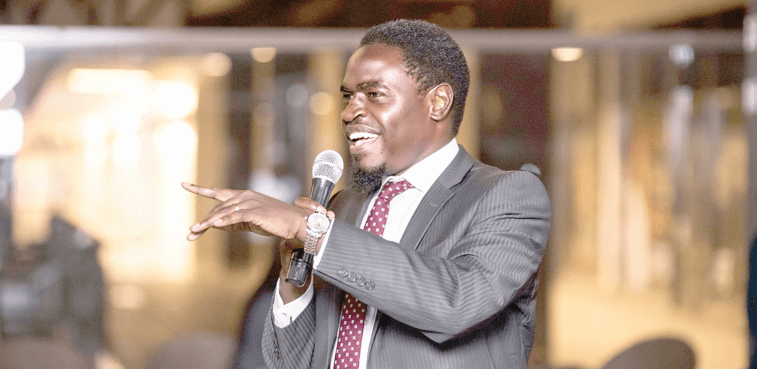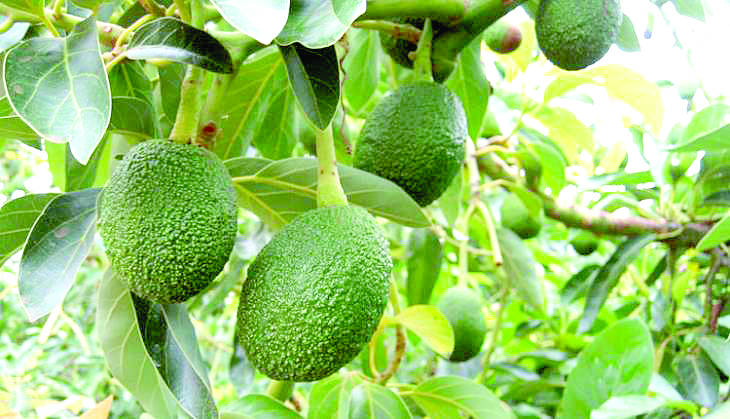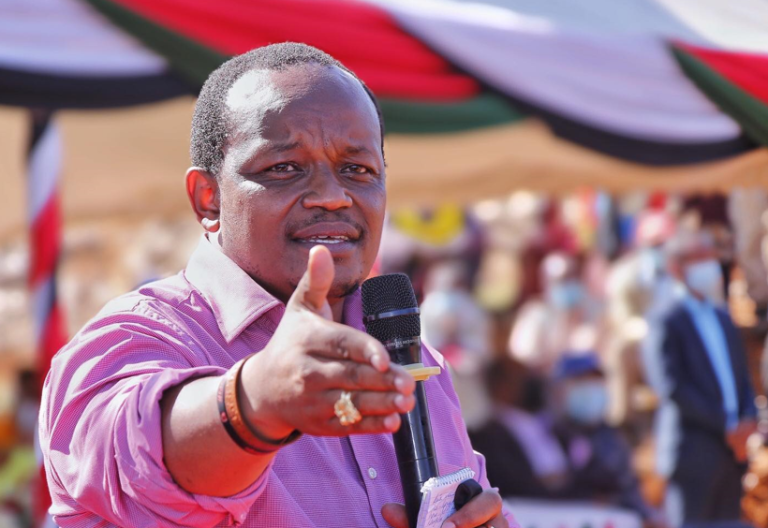Uhuru was Moi’s choice long before 2002 poll, says ex-aide
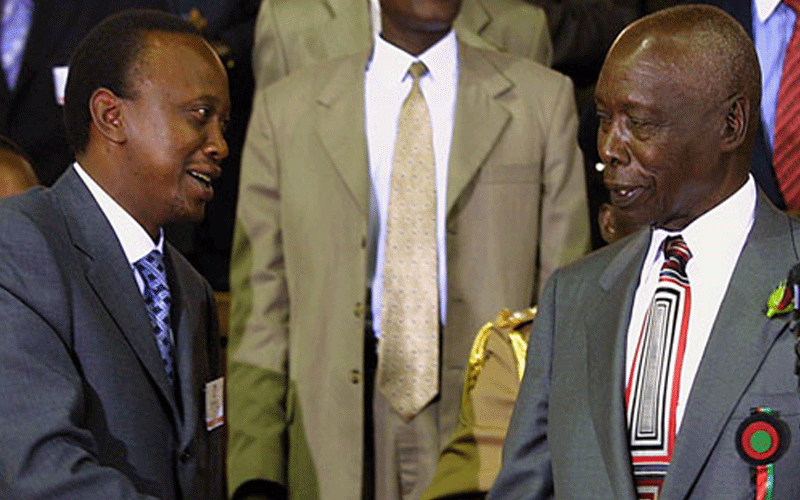
President Daniel arap Moi had settled on Uhuru Kenyatta as his preferred successor long before the 2002 elections but kept the secret closely guarded, a former aide has said.
Lt-Gen (rtd) Jonathan Rono, who served as Moi aide-de-camp (ADC) between 1998 and 2000, yesterday said Moi had confided in him he intended to pick Uhuru two years before he made it public.
Rono disclosed that Moi, who died last week aged 95, had started thinking about leaving power to Uhuru as early as 1998 but only told a few people close to him about it.
“My boss used to tell me that Uhuru Kenyatta was the right leader for the country. He used to tell me Uhuru was destined for greater things and I am happy this has come to pass.
So whenever I got an opportunity, I would tell Uhuru that he was the darling of Mzee as far as succession politics was concerned,” Rono said during an interview with Emo Radio yesterday.
Rono said Moi was particularly concerned about whether his successor would be able to unite the country in the wake of the wind of multi-party democracy that was sweeping across third world countries.
“When I got time to chat with him, he used to tell me things about succession and most of the time opening up on Uhuru as his best bet,” Rono adds.
Pass good news
He said that during a function presided over by Moi in Eldoret, he (Rono) whispered to Uhuru, then a nominated Kanu MP, that the President had settled on him as his successor.
“We were in a function in Eldoret where I seized the opportunity to pass the good news to Uhuru Kenyatta. And since I was not a politician, I didn’t wait to see his reaction,” Rono revealed.
Before Moi made his preference for Uhuru public, several top politicians had high hopes of being endorsed by the President as his successor.
Joint Opposition
They included the then Vice President George Saitoti, and Cabinet ministers Raila Odinga (whose NDP party had formed a post-election coalition with Kanu), Kalonzo Musyoka and Musalia Mudavadi.
When Moi announced that he wanted Uhuru as the Kanu presidential candidate in the December 2002 election, Raila, Saitoti and Kalonzo stormed out of Kanu and teamed up with the opposition led by Mwai Kibaki, who became the joint opposition candidate. Kibaki would defeat Uhuru in the election later that year.
Rono described Moi as a workaholic who would hold about 40 meetings in a day.
Moi, he said, would begin his day at 6am when he reported to the office and retired late in the night.
“I used to report to work at 5am. So when Mzee arrived in the office an hour later, he would find me there ready to start the day’s work,” he says.
Rono described Moi “as a unique leader” who knew people by name in almost every village in Kenya.
“When we visited some places you could hear Mzee Moi asking about the whereabouts of some people (villagers) and opinion leaders. He would mention their names to the surprise of local leaders and his entourage,” recalled the former ADC.
He said Moi heavily relied on the provincial administration and the Special Branch to run the country.



